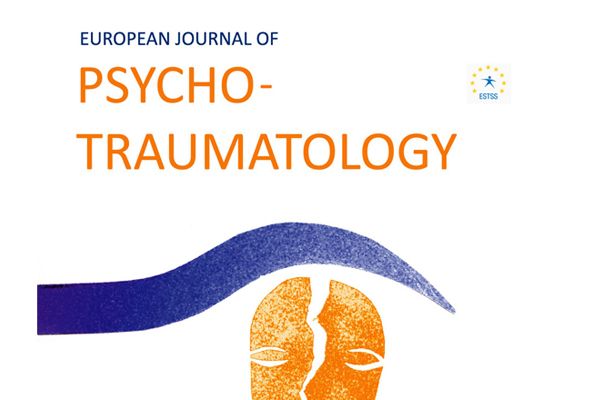18 februari 2020
European Journal of Psychotraumatology
Oswald D. Kothgassner, Andreas Goreis, Johanna X. Kafka, Rahel L. van Nickels, Paul L. Plener & Anna Felnhofer
https://doi.org/10.1080/20008198.2019.1654782
Abstract:
Contrary to specific phobias, for which Virtual Reality Exposure Therapy (VRET) constitutes an effective treatment, uncertainty still exists regarding the usefulness of VRET for posttraumatic stress disorder (PTSD). Therefore, this meta-analysis investigated the efficacy of VRET for PTSD as compared to waitlist and active comparators. A literature search yielded nine controlled studies encompassing 296 participants (124 VRET, 172 controls). The differences between conditions regarding the primary outcome of PTSD symptom severity and the secondary outcome of depressive and anxiety symptoms post-treatment were calculated using Hedges’ g. Compared to waitlist controls, VRET showed a significantly better outcome for PTSD symptoms (g=0.62, p=.017) and depressive symptoms (g=0.50, p=.008). There was no significant difference between VRET and active comparators regarding PTSD symptoms (g=0.25, p=.356) and depressive symptoms (g=0.24, p=.340) post-treatment. No significant effects emerged for anxiety symptoms. These findings suggest that VRET may be as effective as active comparators for PTSD patients. However, the results must be interpreted with caution due to the limited number of trials and the substantial number of—predominantly male—military service members studied. Additional controlled trials, considering a wider range of trauma types and balanced gender, are required to strengthen the evidence.
Keywords: posttraumatic stress disorder; Virtual Reality; exposure therapy; meta-analysis; depression; Anxiety
Received 20 Mar 2019, Accepted 31 Jul 2019, Published online: 19 Aug 2019

Het European Journal of Psychotraumatology (EJPT) is een peer-reviewed, interdisciplinair wetenschappelijk tijdschrift dat deel uitmaakt van de European Society for Traumatic Stress Studies (ESTSS).
Het EJPT heeft als doel om wetenschappers, behandelaren en experts te betrekken bij de belangrijkste vraagstukken rond stress en trauma, waaronder individuele gebeurtenissen, herhaalde of chronische trauma's, grootschalige rampen en geweld.

